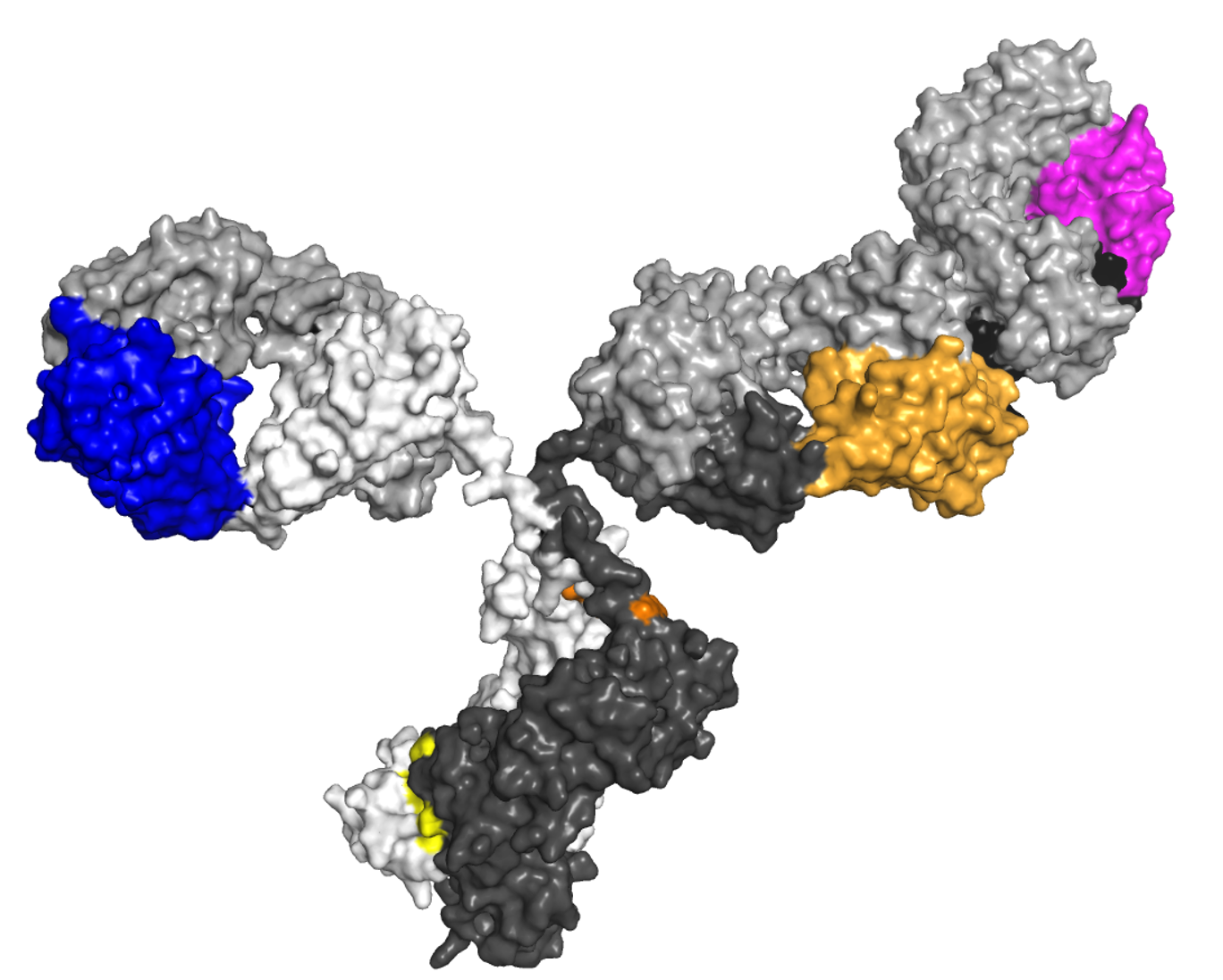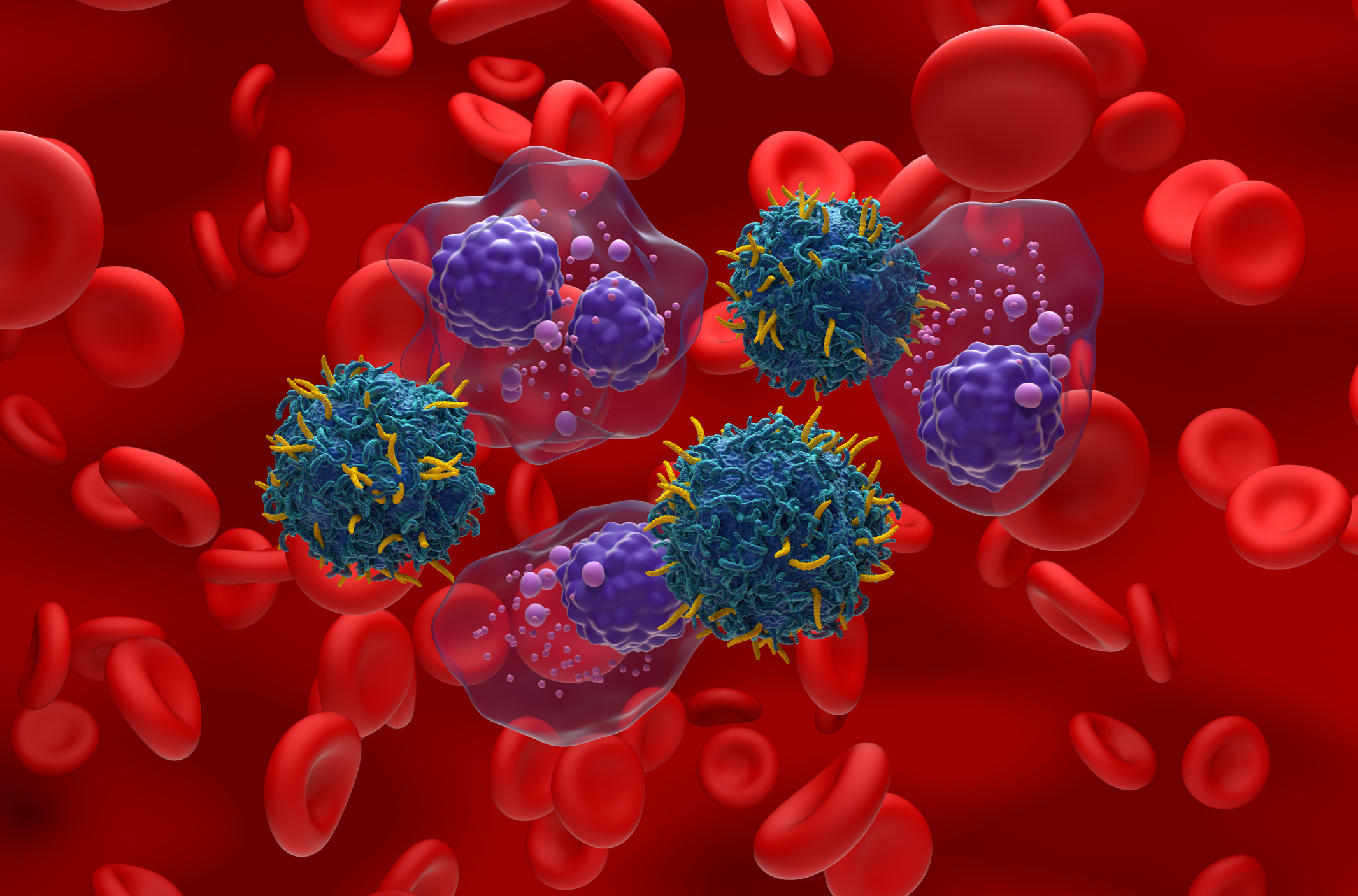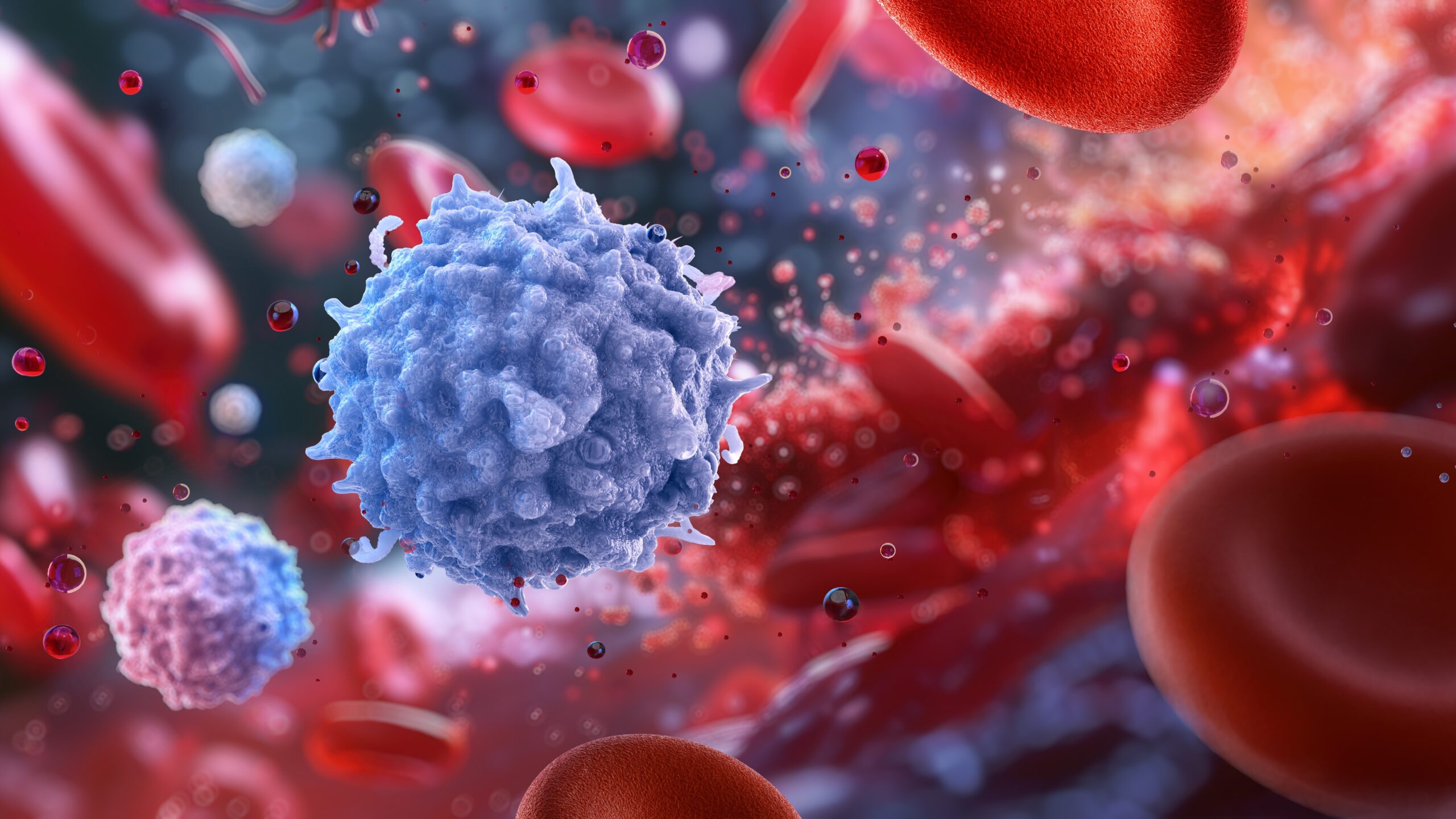
Ixazomib-based therapy showed a progression-free survival (PFS) benefit over placebo in patients with multiple myeloma “regardless of cytogenetic status,” with the “greatest benefit observed” in those who had t(4;14) or amp1q21, according to a recent study.
Wee-Joo Chng, MB ChB, PhD, of the National University Cancer Institute in Singapore, and colleagues conducted the research because “some cytogenetic abnormalities are associated with poorer prognosis in multiple myeloma,” but proteasome inhibitors “appear to benefit” patients with high-risk cytogenetic abnormalities.
Dr. Chng and colleagues evaluated 2,247 patients with multiple myeloma from the TOURMALINE-MM1/-MM2/-MM3/-MM4 trials. They assessed the PFS benefit of ixazomib plus lenalidomide and dexamethasone versus placebo plus lenalidomide and dexamethasone (TOURMALINE-MM1/-MM2) or ixazomib versus placebo (TOURMALINE-MM3/-MM4) in patients with specific high-risk cytogenetic abnormalities.
The median PFS in high-risk patients who received ixazomib-based therapy was 17.8 months, while it was 13.2 months in those who received placebo-based therapy after a pooled median follow-up of 25.6 months (hazard ratio [HR], 0.74; 95% CI, 0.59-0.93). In complementary standard-risk patients, the median PFS was 26.3 months in those who received ixazomib-based therapy, while it was 17.6 months in those who received placebo-based therapy (HR, 0.70; 95% CI, 0.62-0.80).
In expanded high-risk patients, the median PFS was 18.1 months in those who received ixazomib-based therapy, while it was 14.1 months in those who received placebo-based therapy (HR, 0.75; 95% CI, 0.64-0.87). In complementary standard-risk patients, the median PFS was 36.1 months in those who received ixazomib-based therapy, while it was 21.4 months in those who received placebo-based therapy (HR, 0.71; 95% CI, 0.59-0.85).
In patients with t(4;14), the median PFS was 22.4 months in those who received ixazomib-based therapy, while it was 13.2 months in those who received placebo-based therapy (HR, 0.68; 95% CI, 0.48-0.96). In patients with amp1q21, the median PFS was 18.8 months in those who received ixazomib-based therapy, while it was 14.5 months in those who received placebo-based therapy (HR, 0.77; 95% CI, 0.63-0.93).
“A PFS benefit was demonstrated with ixazomib- [versus] placebo-based therapy regardless of cytogenetic status, with greatest benefit observed in patients with t(4;14) and amp1q21,” Dr. Chng and colleagues concluded.
Reference
Chng WJ, Lonial S, Morgan GJ, et al. A pooled analysis of outcomes according to cytogenetic abnormalities in patients receiving ixazomib- vs placebo-based therapy for multiple myeloma. Blood Cancer J. 2023;13(1):14. doi:10.1038/s41408-022-00768-5






 © 2025 Mashup Media, LLC, a Formedics Property. All Rights Reserved.
© 2025 Mashup Media, LLC, a Formedics Property. All Rights Reserved.